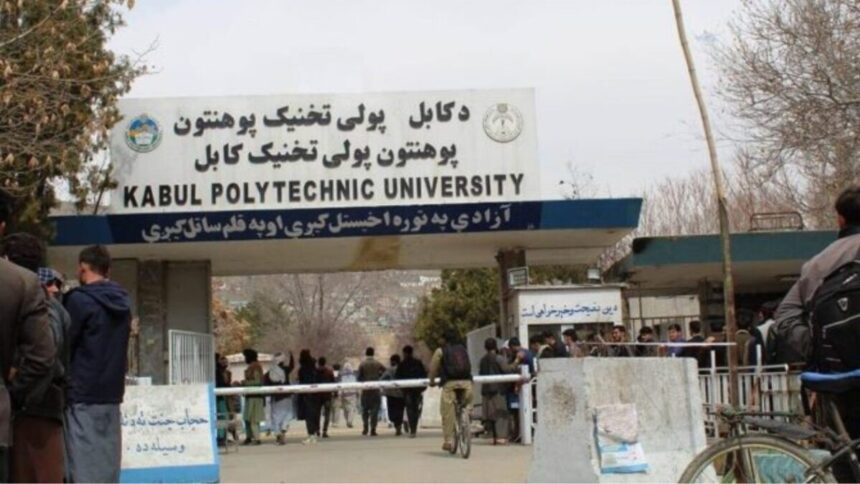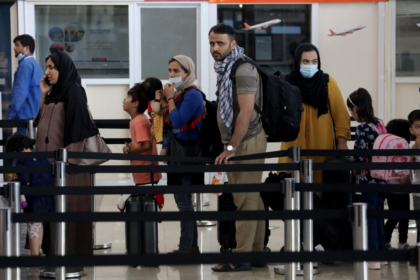RASC News Agency: Local sources in Kabul have confirmed that the Taliban regime has dismissed at least 23 faculty and administrative staff from Kabul Polytechnic University, deepening concerns over the group’s ongoing campaign to dismantle the country’s academic infrastructure. According to internal sources within the Taliban-controlled Ministry of Higher Education, the regime issued an official directive ordering the removal of 10 professors and 13 administrative employees from their posts at Kabul Polytechnic University. The dismissals were formalized in a letter sent directly to the university’s leadership.
Furthermore, the Taliban-appointed rector of the university has reportedly warned remaining faculty members that without demonstrating tangible “productive outcomes,” they will be barred from academic promotion. This vague criterion has raised alarm within academic circles, who view it as a thinly veiled threat designed to suppress intellectual independence and reinforce ideological conformity. This latest round of purges is consistent with the Taliban’s broader policy of reducing public sector positions, particularly in state-run universities. Similar waves of dismissals have previously swept through provincial universities, targeting dozens of qualified academics both men and women under opaque and politically motivated pretenses.
On May 12, reports surfaced that a large number of professors at Kabul Polytechnic University were terminated without any official justification. At the time, the action was believed to be part of a directive from Taliban supreme leader Hibatullah Akhundzada, aimed at downsizing the civil service. However, no formal statement has been issued regarding this most recent purge, compounding the sense of arbitrariness and fear now gripping academic institutions across the country. Since their return to power in August 2021, the Taliban have made the systematic removal of university lecturers a central feature of their governance strategy. Alongside sweeping restrictions on women’s education and the Islamization of curricula, the regime has expelled dozens of professors from institutions in Kabul and across multiple provinces.
While many of these dismissals have occurred without public explanation, credible sources have reported that some faculty members were accused often without due process of affiliations with political or religious groups deemed hostile to the Taliban, such as Hizb ut-Tahrir or Salafi movements. In provinces like Nangarhar, Balkh, and Herat, scholars known for their diverse ideological or academic perspectives have been particularly targeted. University insiders warn that the Taliban are actively working to bring all academic discourse under their rigid ideological control. Educators who deviate from the regime’s worldview whether in terms of political thought, pedagogical approach, or religious interpretation are being systematically silenced. This purge is often carried out under the guise of administrative restructuring or alleged security concerns.
Educational experts and civil society leaders have repeatedly warned that the Taliban’s politicization and ideological engineering of higher education represents a grave threat to academic independence and the intellectual development of Afghanistan’s youth. By subordinating universities to theocratic dogma and authoritarian oversight, the regime is not only eroding the foundations of scholarship but also extinguishing the hope for a pluralistic and enlightened future.






